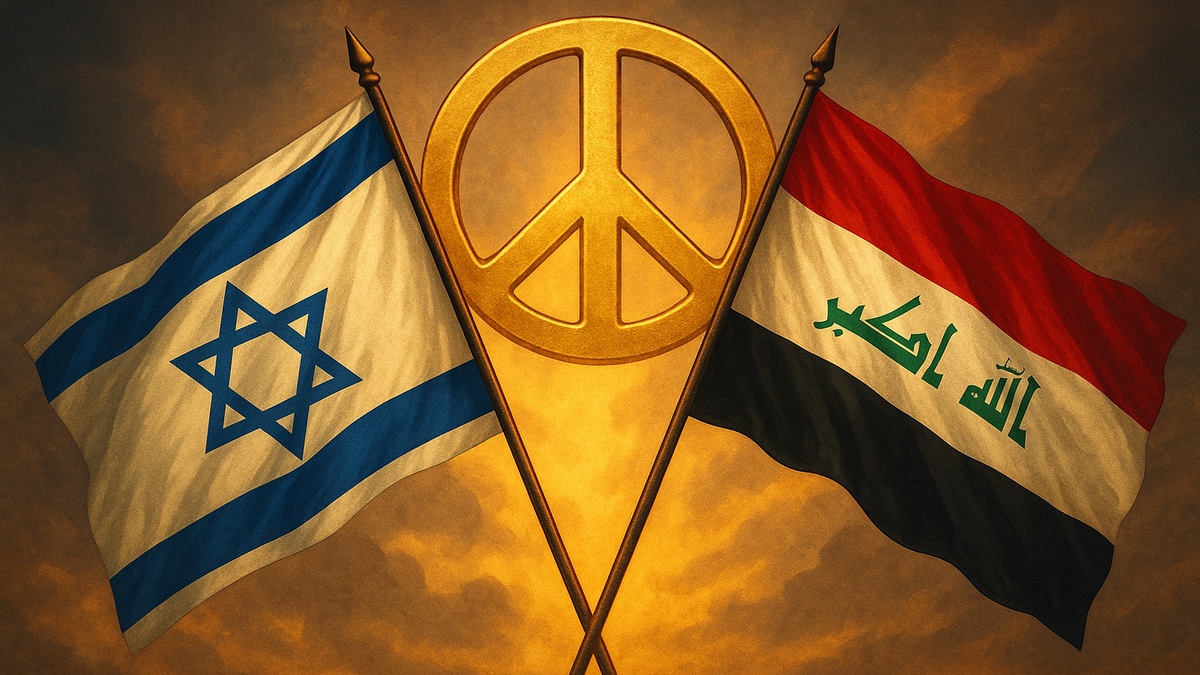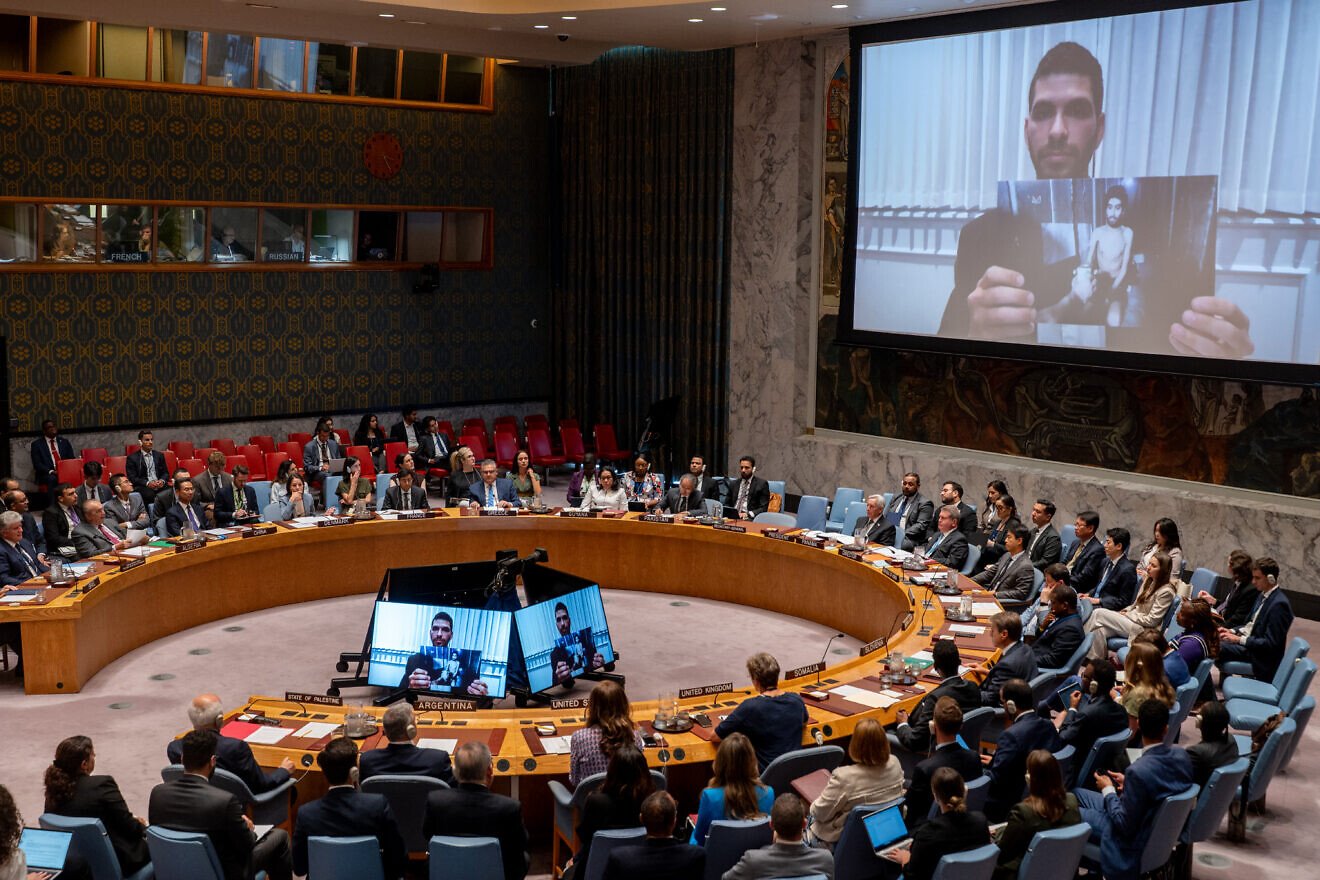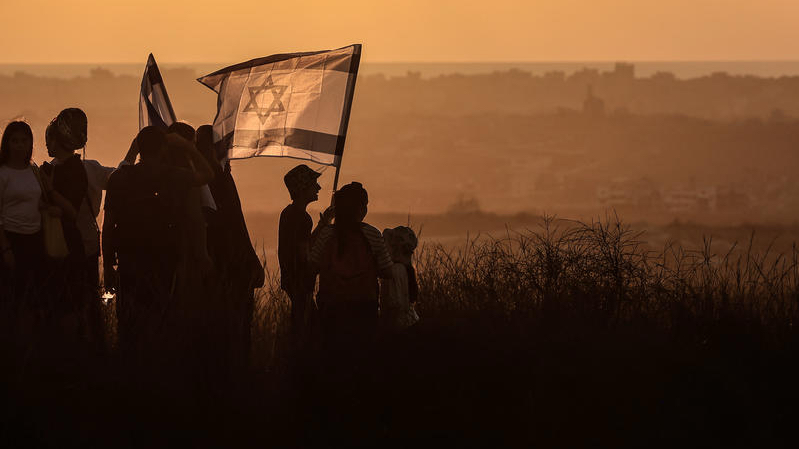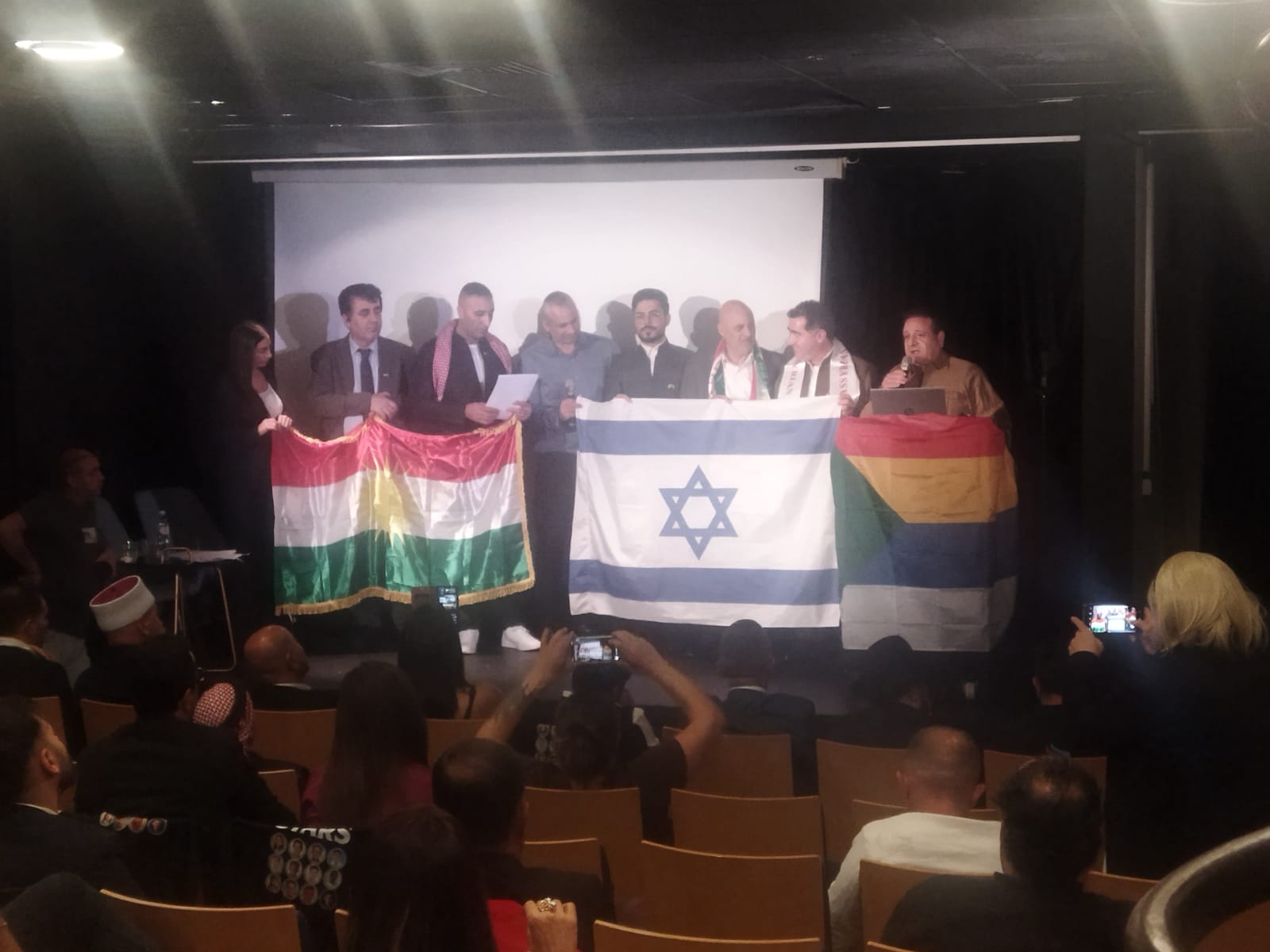There are few things that surprise me about the fallen nature of human beings, but one baffling phenomenon that sprouted from the grounds of the Iron Swords War struck me positively dumbfounded.
Twenty-six-year-old Noa Argamani was held hostage in Gaza for 246 days, after being taken by Hamas terrorists from the Nova Festival with her boyfriend, Avinatan Or (still in Gaza).
Her parents, Yaakov and Liora Argamani, fought hard for her release. Liora, who was battling terminal brain cancer, begged to see her daughter again one last time. On June 8th, in a daring rescue mission, Noa Argamani was rescued just a short while before her mother passed (may her memory be a blessing). After the nightmare she endured, you would expect everyone to want to see her happy. Yet somehow, a recent post of Argamani in a yellow bikini (for the hostages) and her father at an outdoor “Dance with Noa” techno party caused serious waves. She gave a speech:
“246 days I waited for this moment. It’s not ideal that we’re having this party while there’s still a war in the background, while our soldiers are on the battlefield, while there are still 109 hostages in Gaza, including my partner, Avinatan Or, who we miss terribly. But at the same time, I’m happy to celebrate life itself with all of you, to remember that we have to value every day in this life, we have to celebrate every moment that we’re here.”
I love this! Noa Argamani *is* dancing again. In her yellow🎗️bikini. #ResilienceIsKey #Israel pic.twitter.com/Xg8NsBJCKY
— Eretz Israel (@EretzIsrael) August 26, 2024
As I watched a smiling Noa on her friend’s shoulders, dancing with her dad and surrounded by friends, I thought: “Wow! What a victory.” The Nova festival survivors’ slogan, ‘We will dance again,’ came true that day, but Noa’s display of happiness has made some people extremely unhappy.
It would be one thing if they were just bitter antisemites with Hamas ideology filters on their eyes or Iranian bots – but nasty comments online surfaced from fellow Israelis, labeled as ‘Mishteret Ha’etzev’ – the sadness police.
Enemies from within, enemies from without
Who are the ‘sadness police’? Not an organized body of people, but individuals. You can find them on social media leaving snarky and enraged comments, policing any sign of happiness within the culture, deeming it inappropriate. The following comments are just a handful:
- “She couldn’t wait till all the hostages returned? I never expected this to come from her after experiencing the nightmare of captivity.”
- “Shame and disgrace (shame on you). Your boyfriend is still in captivity. While you were celebrating, there was a soldier’s funeral.”
- “Undignified.”
- “Everything in this video is weird.”
A flood of positive comments came to her defense: “You are above reproach – we love you, Noa! You don’t owe anyone an explanation about how you choose to heal or live your life.” Although most comments were supportive, it only takes a bad few to make everything feel rotten.
From my experience as a small YouTuber, I had to learn to deal with the challenge of antisemitic comments online, from telling me it’s a shame I didn’t ‘die in a terror attack’, to I’m a ‘white trash Zionist pig that only looks good for an an*l’ and that ‘death awaits’ me – it’s the small price I pay for standing up for truth, in fact, any Jewish and Israeli public figure is a target of death threats, online bullying, boycotting, and canceling. But Noa never asked to be one of them.
Before October 7th, she was a young engineering student who loved to travel the world and party. How does a hostage deal with the overwhelming hate and adulation thrown at them the moment they return in great trauma while trying to heal a life derailed?
Some of the younger returned hostages made dance TikTok clips shortly after returning. Although I would see it as a young generation’s coping mechanism, I can understand why many would feel like they made light of a serious issue and misappropriated their own hostage experience, clapping back, saying: “Why did you come back? You should have been murdered there.”
Do the ‘sadness police’ have any point at all? Are there times when showing happiness isn’t acceptable? And if so, how long should that period be?
Preach it, King Solomon
Most of us know how it feels being torn between a broken heart and a happy event, for example, when mourning the death of a loved one while celebrating the birth of a new family member or signing divorce papers while ordering a bridesmaid dress online – life is full of terrible dichotomies forcing us to experience excruciating pain in the most joyful of settings.
I, too, feel weird when participating in ‘normal’ or happy events nowadays. Needing a breath of fresh air, I went to Palmachim Beach, which was beautiful, sunny, and breezy in stark contrast to the devastation of Gaza just over the fence. Living in a war-struck country is wearisome, and each salty wave that crashed against me washed away a bit of the sadness. The beach gave me the great gift of relief, fulfilling its purpose as a natural source of healing, undeterred by people’s opinion of its existence, drawing a ‘desperate me’ in, offering the kindness of escape
If not even rescued or released hostages are allowed to escape captivity when they leave it, then what ‘excuse’ do the rest of us have?
It is not just that misery loves company, but that the sadness police fear that by expressing joy, we give our enemies ammunition as if ‘it wasn’t that bad,’ the world will forget our pain just as quickly as we seemingly have, and people leaning on the fence of antisemitic will be convinced we are maniacal monsters that must not truly care about the hostages.
Noa spent 246 days in hell, and although I cannot number her remaining days (may they be many), should they all be condemned joyless, even as wars rage and hostages remain? Arnon Zmura, who died in that daring operation, would disagree, as does another soldier who rescued Noa, who wrote:
“I’m so ecstatic to see you celebrating life; you deserve to celebrate. I don’t know if two and a half months ago when you were in that dusty apartment next to the Nuseirat market, I believed you’d ever get out of there. You deserve to celebrate this life, f*ck them all.”
Israel is a bipolar country, swaying between good and bad news, death and heroism, unity and strife, all in the span of one day. We reconcile both, knowing that the tables always turn, for better or for worse, then from worse to better and back again.
King Solomon said it well in Ecclesiastes 3:1, 4:
“For everything there is a season, and a time for every matter under heaven…there is a time to weep, and a time to laugh; a time to mourn, and a time to dance.”
Thousands of years later, his words hold true. As Noa stood on the precipice of fragility, she chose life over death when the words from deep in her soul came forth, words that, in order to heal, she would have to repeat to herself in the years to come: “But at the same time…“
Noa already knows how to mourn; now, it is her time to dance.














